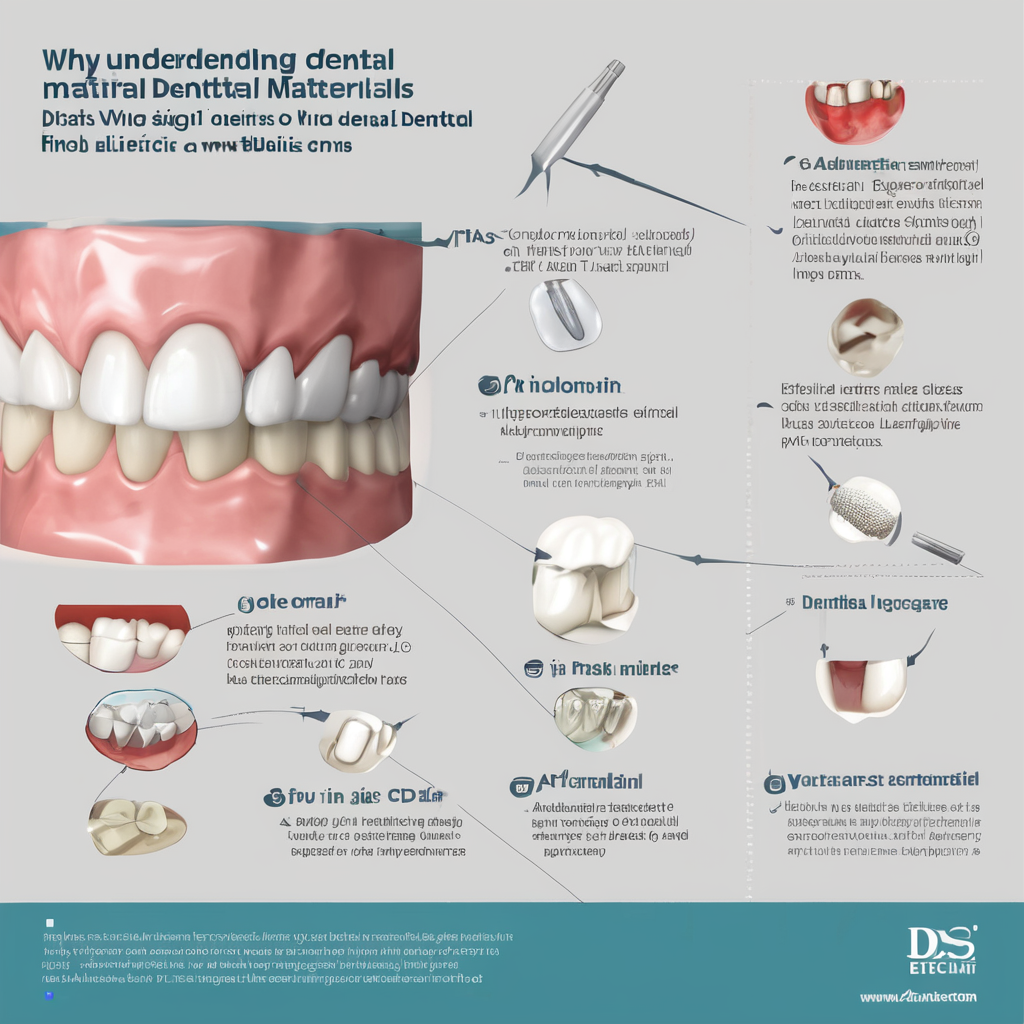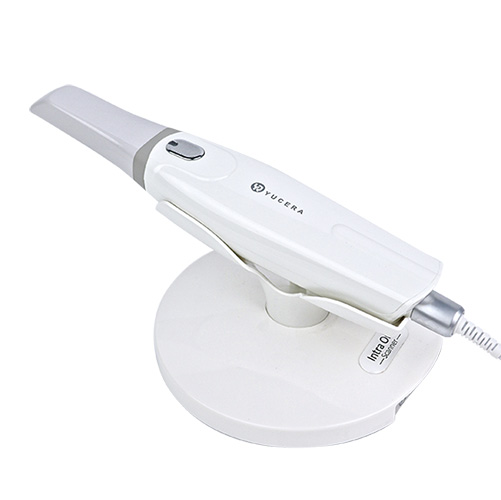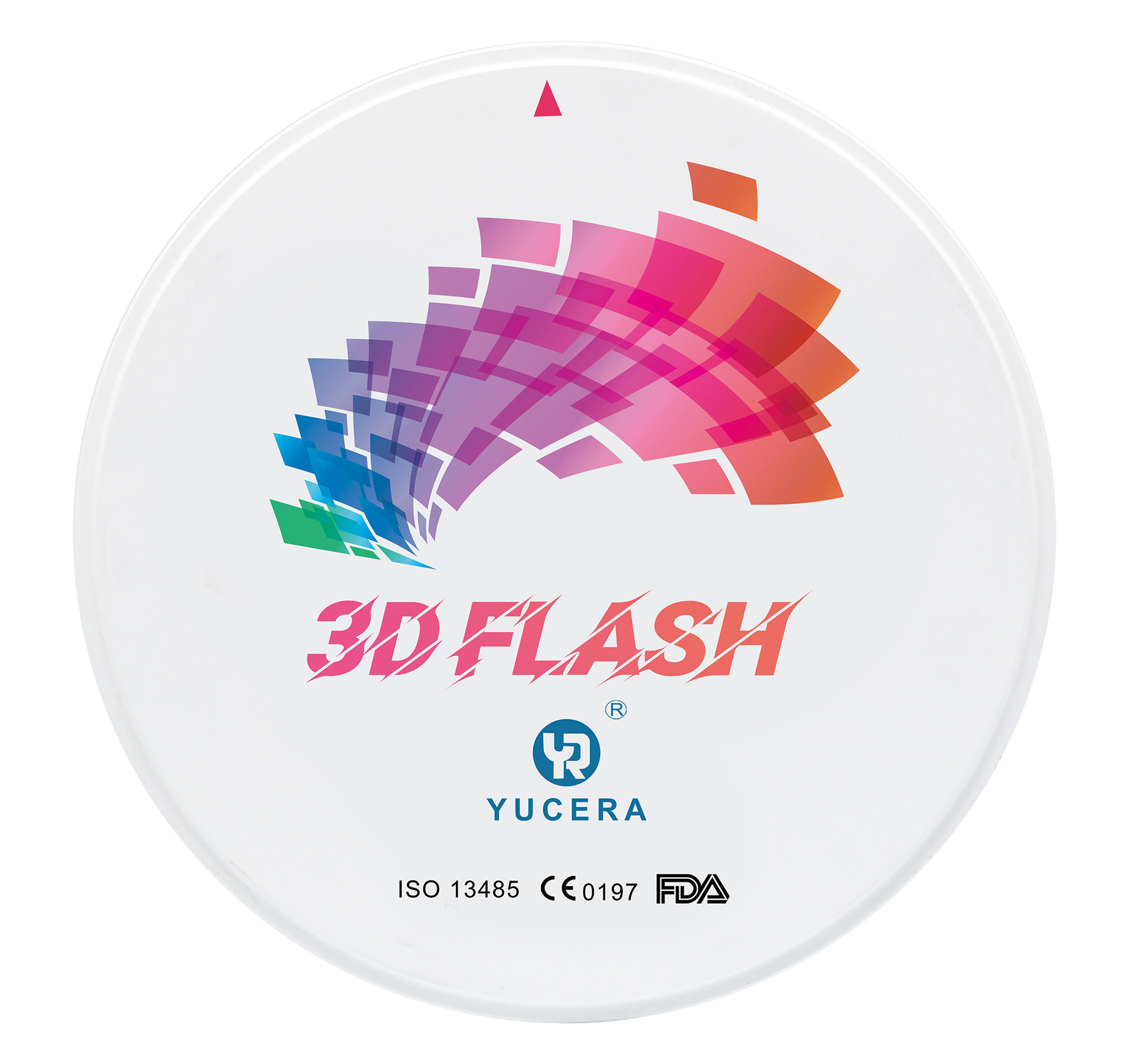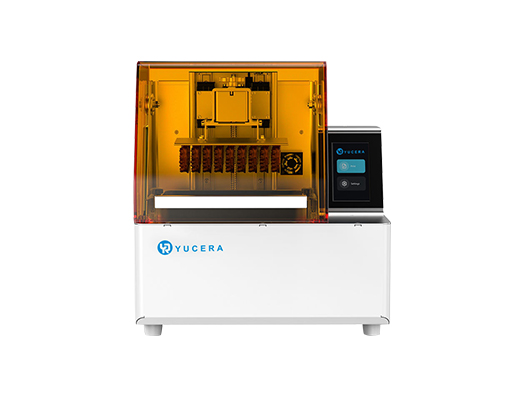What Are the Most Common Dental Issues Faced by Mexicans
2025-04-17
2025-04-13
In the field of dentistry, the right materials can make a significant difference in the quality of care provided to patients. Understanding dental materials is not merely an academic exercise; it is a fundamental aspect of practical dentistry that influences treatment outcomes, patient satisfaction, and even practice reputation. This article explores the reasons why every dentist should deepen their understanding of dental materials.

Dental materials vary in their properties, usability, and application. Knowledge of the different types of materials—such as composites, ceramics, amalgams, and more—enables dentists to make informed decisions about which materials are best suited for each specific clinical situation. For example, using high-strength ceramics for posterior restorations can enhance durability and function, ultimately leading to better treatment outcomes.
The longevity of dental restorations often depends on the material used. A thorough understanding of material properties helps dentists predict how these will perform over time. Selecting durable materials that resist wear and fracture can reduce the need for replacements, improving patient satisfaction and reducing long-term costs for both the patient and the practice.
In today's dental landscape, aesthetics are paramount. Patients increasingly desire treatments that not only restore functionality but also match their natural teeth in appearance. Understanding the aesthetic properties of dental materials, such as the translucency and color-matching capabilities of various ceramics and composites, allows dentists to improve the visual outcome of restorative procedures. This knowledge is essential for creating beautiful smiles that meet and exceed patient expectations.
Advancements in dental material technology have introduced new options that offer better aesthetic and functional results. Staying updated on these innovations enables dentists to provide increasingly sophisticated solutions, such as minimally invasive veneers and tooth-colored fillings that blend seamlessly with natural teeth.
Every dentist must prioritize patient safety. Understanding the biocompatibility of dental materials helps prevent adverse reactions that can occur when a material is not compatible with a patient’s body. Knowledge of various materials’ allergenic properties and how they interact with oral tissues ensures that the dentist can make safe choices for each patient.
Dental materials must meet strict safety and regulatory standards. A solid understanding of these regulatory requirements and the materials that meet them allows dentists to ensure compliance, thereby protecting both their practice and their patients.
Patients appreciate transparency and knowledge when it comes to their treatment options. A dentist well-versed in dental materials can effectively educate patients about the benefits, limitations, and expected outcomes of different materials used in their treatments. This open dialogue fosters trust and allows patients to make informed choices about their dental care.
Every patient has different preferences, needs, and financial considerations. Understanding the strengths and weaknesses of various dental materials enables dentists to present tailored options that align with each patient’s unique situation, enhancing the overall patient experience.
Being knowledgeable about dental materials can enhance the efficiency of treatment planning. Dentists can develop protocols based on material properties and application techniques, reducing chair time and improving workflow. Efficient processes not only benefit the dental team but also lead to faster and more effective patient care.
The dental industry is continuously evolving, with new materials and techniques being introduced regularly. By staying informed about the latest advancements, dentists can keep their practices competitive and ensure they are utilizing the best available options for their patients. This dedication to continual learning directly impacts the quality of care provided.
Understanding dental materials is a cornerstone of effective dental practice. From enhancing treatment outcomes and patient satisfaction to ensuring safety and compliance, the implications of being well-versed in dental materials are far-reaching. Dentists who prioritize this knowledge not only improve their clinical skills but also foster trust and loyalty within their patient base. In a field where quality care and patient comfort are paramount, the importance of understanding dental materials cannot be overstated. For practitioners seeking to elevate both their practice and the patient experience, investing time and effort into mastering dental materials is essential.

Dry & wet milling for zirconia, PMMA, wax with auto tool changer.
learn more
High-precision 3D scanning, AI calibration, full-arch accuracy.
learn more
40-min full sintering with 57% incisal translucency and 1050 MPa strength.
learn more

40-min cycle for 60 crowns, dual-layer crucible and 200°C/min heating.
learn more
High-speed LCD printer for guides, temporaries, models with 8K resolution.
learn more